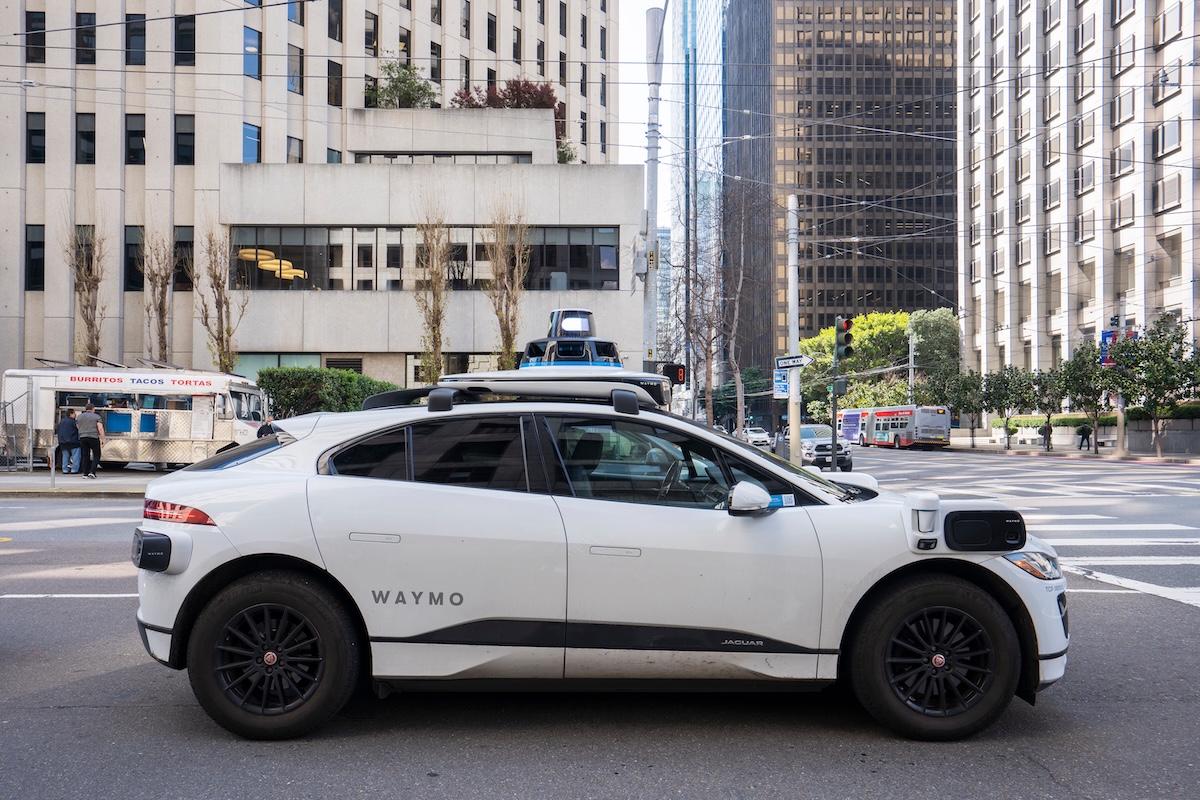
Tesla (TSLA) may dominate headlines in the driverless car space, but the real momentum belongs to Alphabet (GOOGL).
Waymo — Alphabet’s autonomous vehicle arm — is quietly pulling ahead with commercial adoption that’s no longer theoretical.
The company surpassed 700,000 paid rides in March, according to California Public Utilities Commission data. That marks a nearly tenfold increase in less than a year, as analyst Shay Boloor pointed out.
$GOOGL Waymo's trips in California have almost 10x'd in less than a year -- now surpassing 700k trips in 2025 🤯 pic.twitter.com/KRS7WfAs0t
undefined Shay Boloor (@StockSavvyShay) June 8, 2025
And it’s not slowing down.
Waymo co-CEO Tekedra Mawakana announced in May that the company had completed 10 million autonomous trips, doubling its total in just five months.
Those rides span Los Angeles, San Francisco, Austin, and Phoenix.
These aren’t test rides. “These are people who are really integrating Waymo Driver into their everyday lives,” Mawakana told CNBC.
Alphabet doesn’t disclose Waymo’s exact financials, but it falls under the company’s “Other Bets” division, which posted $450 million in Q1 revenue, down 9% from a year ago.
Nevertheless, Waymo looks to be making some of the most meaningful progress toward full-scale commercialization of autonomous mobility.
Tesla’s Full Self-Driving still requires human supervision, while Waymo vehicles are logging millions of fully driverless trips.
Alphabet’s AI empire expands beyond ads
Autonomous driving is just one part of Alphabet’s growing AI ecosystem.
The company’s heavy use of artificial intelligence and machine learning underpins Waymo’s capabilities but also fuels Alphabet’s deeper push into AI-powered healthcare.
As Investors Observer previously reported, roughly 40% of Alphabet’s strategic investments are now tied to health and biotech companies.
That diversification could prove essential.
Alphabet’s search business is under scrutiny from U.S. regulators, who have gone as far as seeking to force a Chrome browser divestiture.
If that happened, it could upend Alphabet’s control of browser-driven ad traffic.
Even Alphabet’s biggest hardware and software partners are hedging. Apple is reportedly exploring a non-Chrome default browser on iPhones, and Samsung is accelerating deals with an AI-native search startup.
GOOGL stock has struggled this year, down 7% year-to-date, weighed down by both regulatory fears and fallout from the Trump-led trade war.
But it remains one of the world’s most valuable companies, with some of the greatest R&D projects in its sleeve.
Your email address will not be published. Required fields are markedmarked